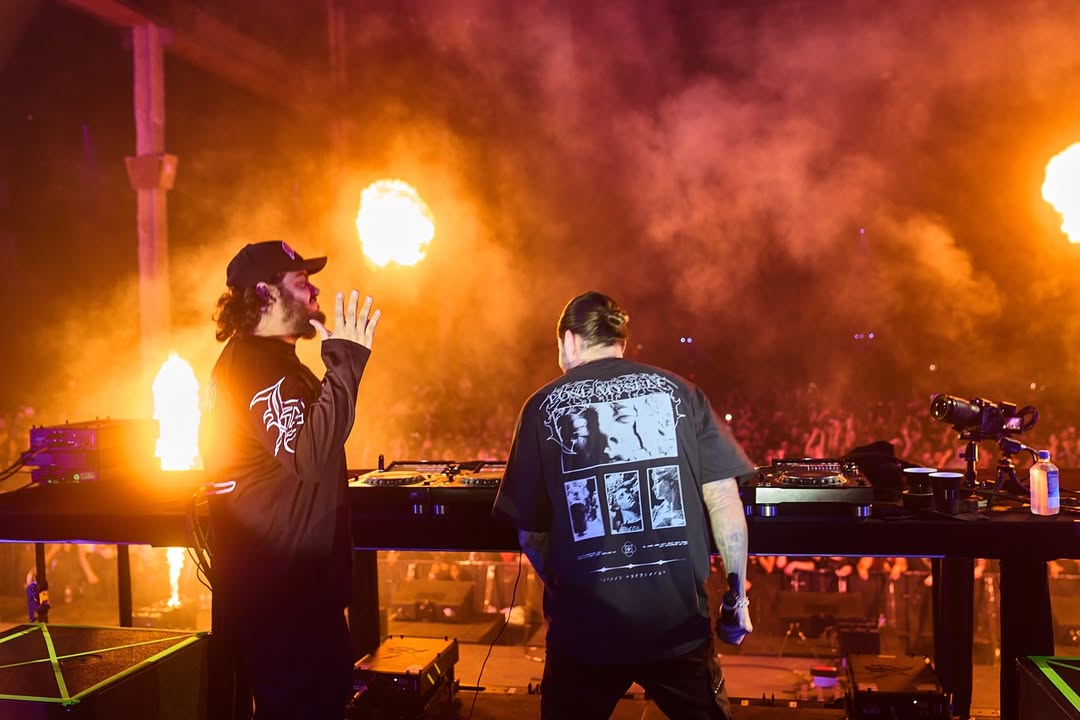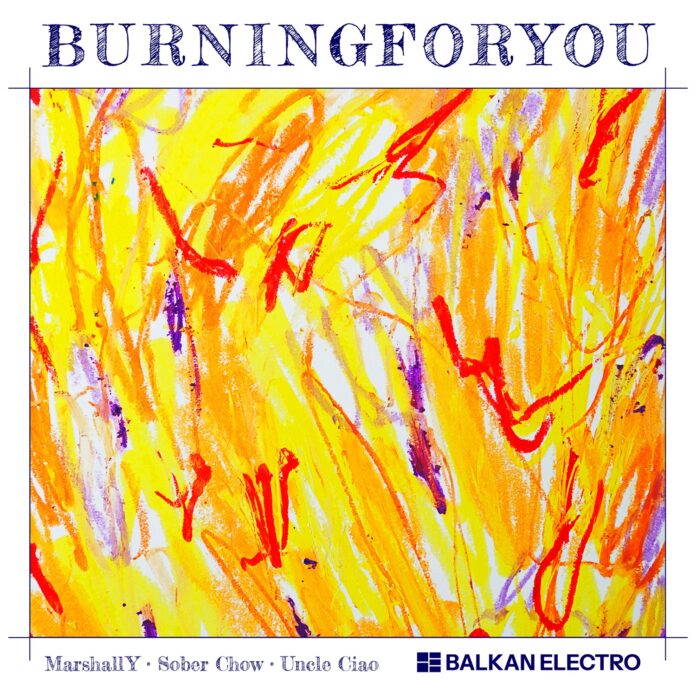Manga is more popular than ever, leading to several niche books being released in America that would have otherwise been stuck in Japan. This popularity has also seen several other Asian comics hit international retailers and reading services, but not all of them are Japanese in origin. The most popular of these are manhwa, the Korean equivalent of manga.
Manhwa looks and even reads a little differently than manga, but many of the biggest stories feature similar themes of adventure and intense action. The biggest differences are how and where they're read, but with the Korean Wave still going strong, the walls to become a manhwa fan are finally coming down. In order to cut down on confusion for what exactly the differences are between the East Asian comic types, here's a look at South Korean manhwa.
What's the Difference Between Manga and Manhwa?
The most obvious difference between the two is their national origin, with manga being Japanese and manhwa being South Korean. Japanese soldiers brought manga, which was already quite popular, to South Korea during the occupation, with Korea adapting the art form for their own culture later on. Initially, these printed and drawn comics were used mainly for propaganda, although they would of course develop far more diversity once their political usage was discarded.
Unlike manga, which is read from right to left and top to bottom, manhwa is read left to right and top to bottom. Likewise, while manga is almost always in black and right beyond the covers, manhwa has embraced color as well as digital platforms in recent years. This means that many manhwa are also webtoons, which are online Korean comics. Due to this, they're usually optimized to be read on a computer or cell phone screen instead of in printed form, having longer, vertically-oriented pages and panels. Somewhat countering the use of color is a notable lack of detail in the art and backgrounds seen in many manhwa and webtoons.
What's Manhua?
Both manga and manhwa are derived etymologically from the Chinese word manhua, which is also that country's equivalent form of comics. However, there's a notable divergence in how these are all formatted, as it depends on whether the comics are produced in China, Hong Kong or Taiwan.
Some of the most well-known examples of manhua include the martial arts adventure story Chinese Hero. Sadly, due to the medium as a whole still being esoteric outside of Chinese territories, this and other manhua are still hard to come by in the West, especially compared to manga and even manhwa.
Popular Manhwa Titles and Themes
Some of the biggest manhwa at the moment include titles such as Solo Leveling, Tower of God, The God of High School and Noblesse. Most of these and other popular manhwa would be classified as shonen if they were manga, focusing on action and adventure as well as young, predominately male protagonists. Concepts such as traveling through different realms and fighting interdimensional demons and monsters are also common, as are the heroes powering up and becoming stronger to face these inhuman threats.
There's notably a lot less genre classification in manhwa, with books that would be deemed shonen, seinen or shojo being independent of such sobriquets. This can make the books on occasion seem more experimental than their Japanese counterparts, especially since the art styles in many of the adventure titles don't match stereotypical shonen art. The many romance titles are even glossier in comparison, having art styles that match romance mobile games targeted more toward adult women than young girls. Adventures based around MMORPGs are also common, not unlike that of the isekai craze in Japanese manga and anime.
Those who've become fond of supernatural manga such as Demon Slayer, Jujutsu Kaisen and other titles will definitely enjoy Solo Leveling and Tower of God, and with manhwa and Korean media in general becoming increasingly popular in the West, even more titles are sure to hit book stores in the coming months.
About The Author

